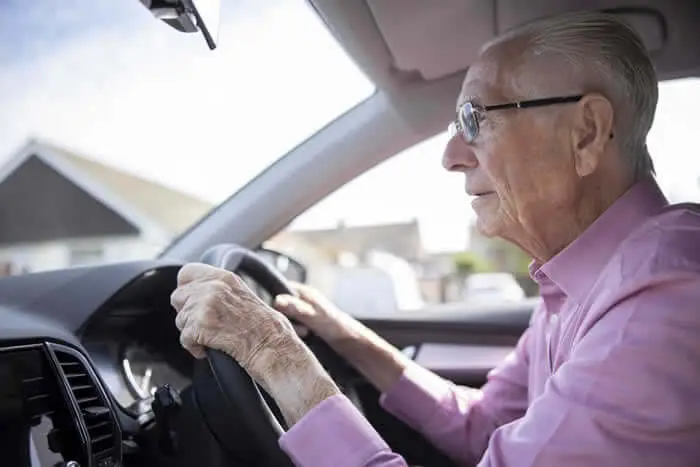How do you know it’s time to have that conversation? Here are some signs you should talk to your parent about no longer driving.
You don’t want to talk to your aging parent about taking away their car keys. No one does.
And nobody wants to give away their independence. Who wants to be the bad guy who takes it away?
But for your parent’s safety, and for everyone else’s, sometimes it’s an unpleasant thing you have to do.
How do you know it’s time to have that conversation?
First, make 100% sure you know it’s the right thing to do. It’s much easier to do something when you know it’s truly the right choice.
Here are some signs you should talk to your parent about no longer driving:
Are They Getting Lost on Routes They Should Know?
When what used to require no thinking at all suddenly becomes foreign, that’s a sign it might be time to talk to your parent.
It could even be a sign of a serious illness like Alzheimer’s or dementia.
This may not even involve driving. For example, if your parent forgets routine things about their own life, that may be enough of an indicator.
At a minimum, pay attention to their behavior more carefully than you have in the past. And watch for other signs it may be time for them to stop driving.
You Notice New Dents or Scratches
You have to exercise some judgment here and look for consistent patterns over time. Everyone makes driving mistakes. Scratches and dents happen.
But if you notice new ones consistently over a period of months, then something more serious may be going on with your parent. And it might be time to talk to them.
Do They Seem Overwhelmed When Driving?
If you go out with your loved one, they should seem either confident or slightly anxious. A little bit of anxiety while driving can be normal.
But, if your loved one seems overwhelmed and out-of-control while driving, that’s a different story.
Does Your Parent Have Known Health Issues That Could Affect Their Driving?
Declining eyesight, changes in medications, or developing health concerns can all affect driving.
If you notice any of these in conjunction with any of the other signs, then it may be time to have the conversation.
How to Make The Decision Your Parent Shouldn’t Drive
This isn’t a complete list of all the signs to look for. But these are some of the more notable ones. You can find a full list at the NHTSA website.
Basically, the more of these signs you notice, the more concerned you should feel. And when you reach that point where you put all the pieces together and feel it’s time to act, then have the conversation.
You can also try contracting Dallas’ Aging and Disability Resource Center (ADRC) for guidance on making the decision and talking to your loved one about it.
Suggested Reading
How pedestrian seniors can avoid fatal accidents with cars
Do posted signs prevent you from suing for injury?






